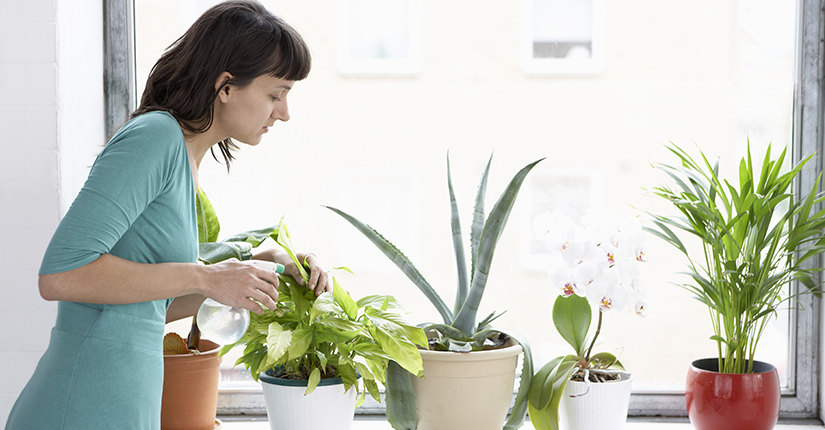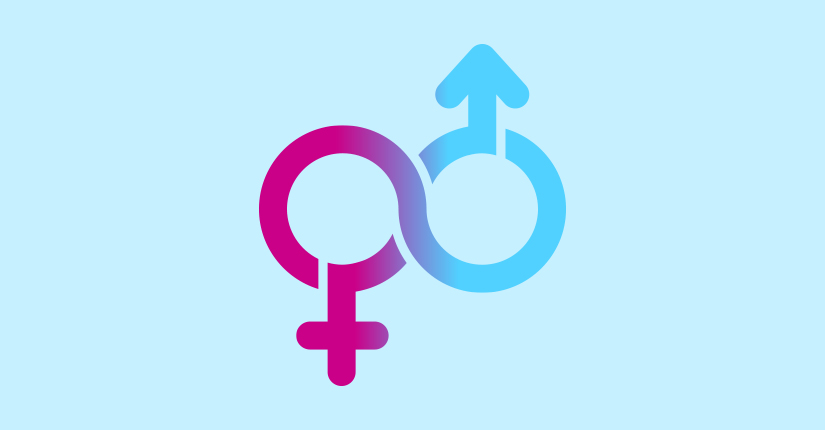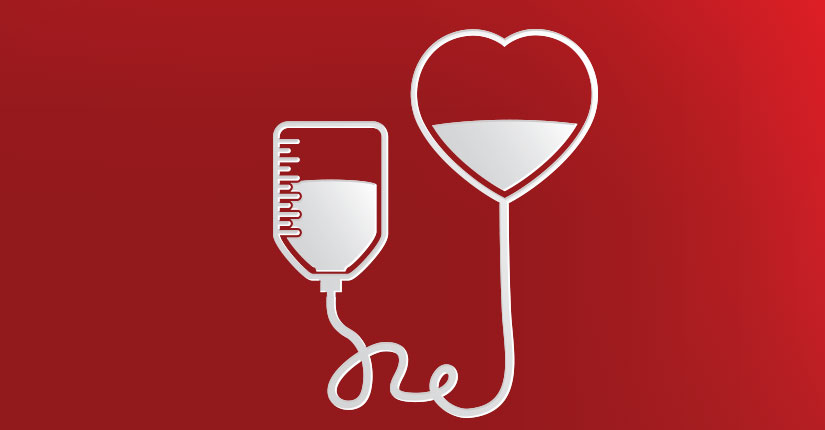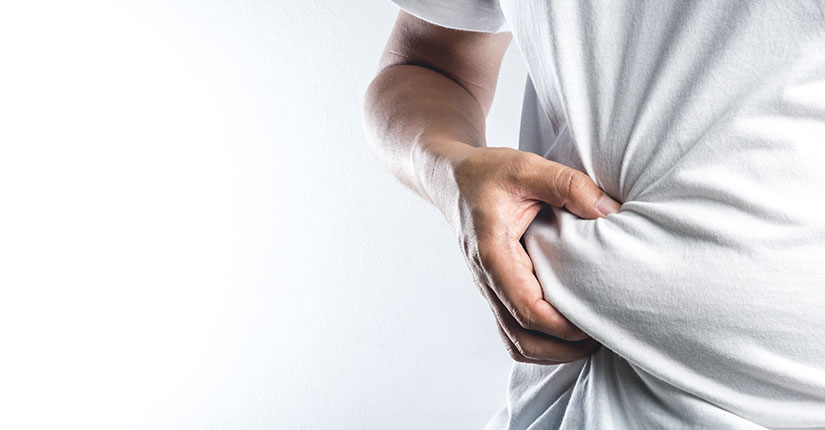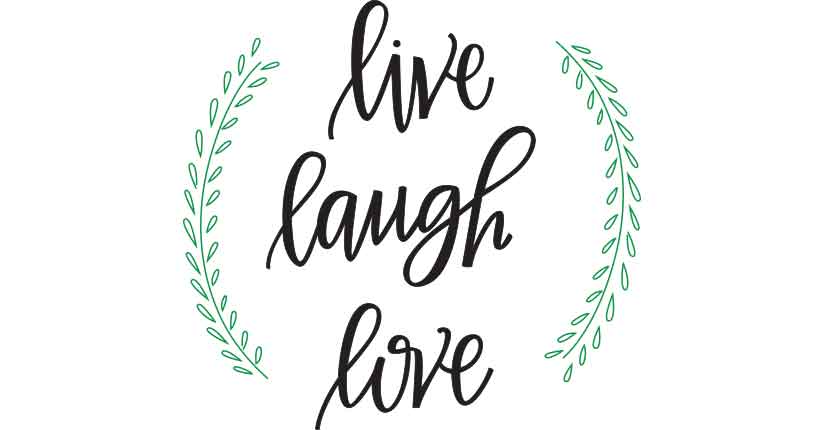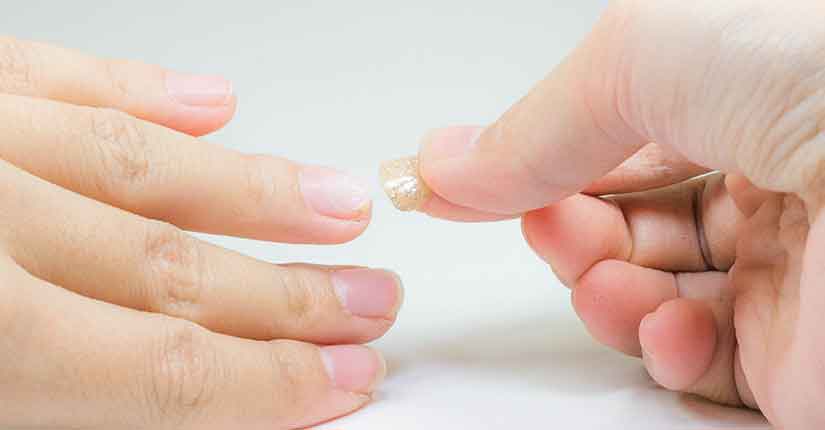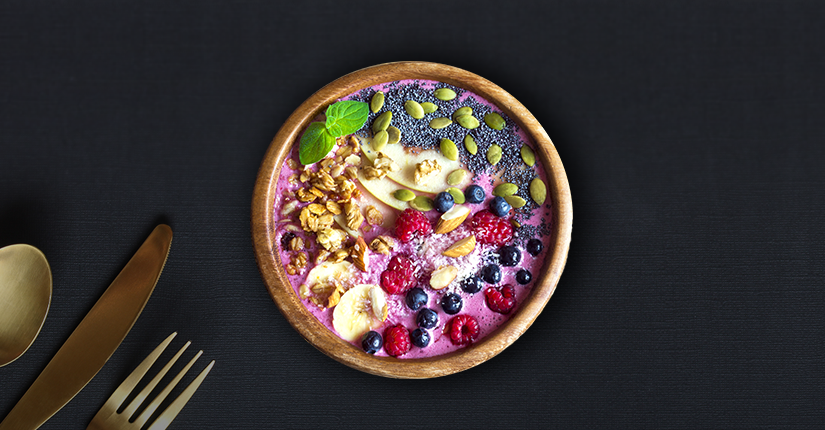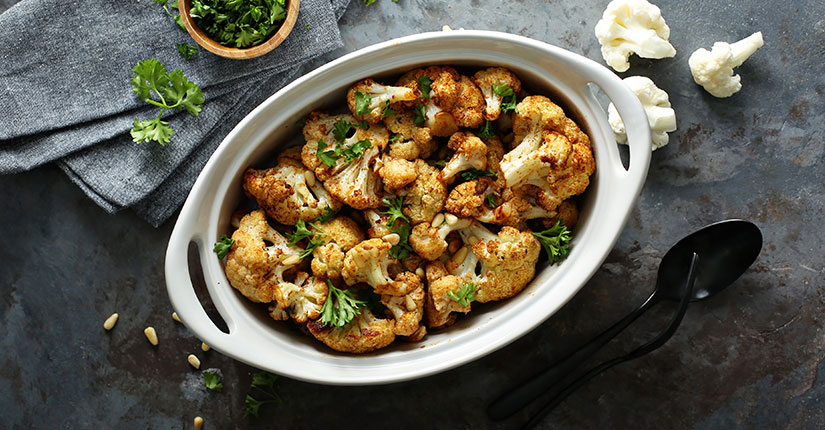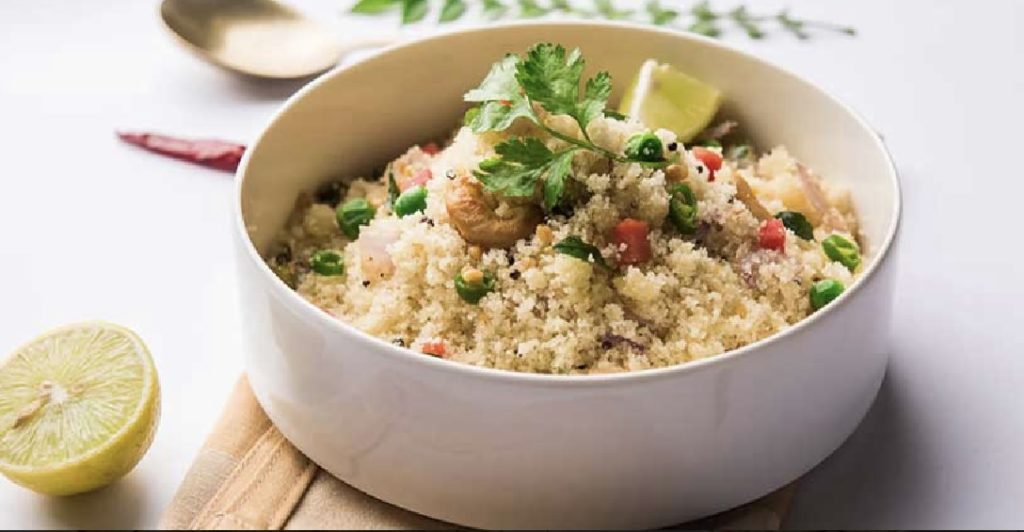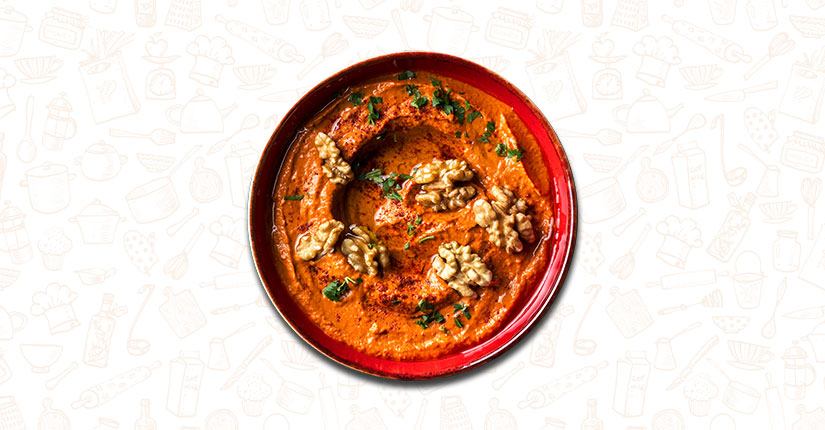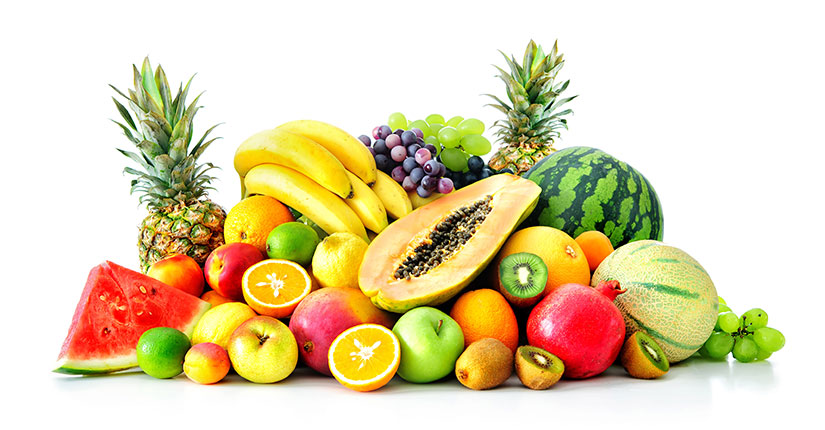All You Need to Know the 6 Ways to Restrict Sodium Intake
By Nmami Agarwal 19-May 2021 Reading Time: 6 Mins
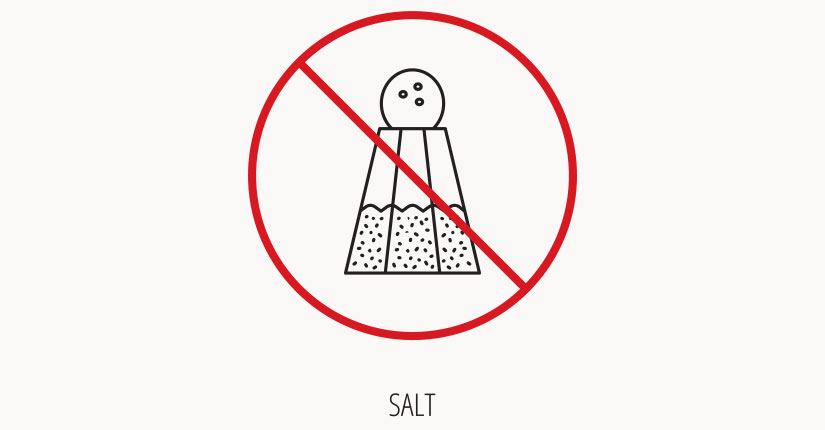
Salt is well known to add taste to the food you eat and is one of the most widely used ingredients in the kitchen. This universal flavour enhancer can complement almost every dish. However, high sodium intake can take you close to various health complications like hypertension, increase water retention, weaken bones and also increase the risk of various cardiovascular diseases. So, if you are someone who wants to ditch salt then natural herbs and incorporation of some healthy changes while prepping meals can help you in this. The addition of natural herbs in the food can easily make your meals scrumptious and don’t make you crave salt. Herbs like cayenne pepper, basil, oregano, rosemary, dill and paprika can easily add a unique zest to your dishes. Here we bring you 6 ways to restrict sodium intake in your diet.
- Cook your own meals: Preparing your own meals is the best way to cut back the intake of sodium from your diet. When you cook your own meals you know what goes inside your food and you can easily swap the sodium from organic herbs. Make sure that you stick to fresh foods and avoid the consumption of readymade food, processed meat, and packaged food as these are loaded with excess salt.
- Read the labels before buying: Compare packaged and processed foods before adding them to your grocery cart. Read the labels to make sure that you are buying a product with low sodium levels. When eating out, ask your dish to be made with less or no salt. You can later add salt according to your taste and preference.
- Reduce the condiments: We often reach out to processed condiments to dress salad, soups, sandwiches or burgers. Isn’t it? But store-bought salad dressings are filled with calories, fat and sodium that can hamper your health like no other. Instead of picking those, try to make your salad dressing with natural herbs like cayenne pepper, basil, oregano and pepper. These can make your meals extremely delicious without any sodium or any health complications. Don’t forget to add a splash of olive oil over it to absorb the best of fat-soluble nutrients.
- Beware of sauces and dips: Sauces, dips, and salsas contain high levels of sodium. Reduce the intake of these items and pick those products which have low sodium content. You can also make homemade sauces, dips and salsa with natural ingredients to cut back the sodium intake and unnecessary calories. While cooking, use black pepper instead of salt for seasoning and adding flavour.
- Pay heed to your cooking techniques: Foods that are smoked, barbequed, and brined contain high amounts of sodium and therefore instead of choosing such foods, choose foods that are steamed, grilled, baked, and roasted to reduce the consumption of salt. You can also season your meals with herbs like sage leaves, thyme sprigs, rosemary and pepper instead of sodium. These herbs are quite beneficial for your health and keep digestive issues like gas and bloating at bay. It gives a unique flavour to your veggies and completely makes you forget about the salt.
- Swap the salt shakers from natural herbs: Natural herbs not only make your dishes delicious but can also boost your overall health while reducing the inflammation in the body. Replacing salt shakers on the dining table with herbs is the best way to reduce the consumption of sodium while making your meals more wholesome. Choose spices like cayenne pepper, basil, oregano, rosemary, dill and paprika.
Footnote
Salt is a key element in our meals. Our food wouldn’t taste the same if salt was absent from it. But this doesn’t mean that we cannot watch our salt intake. Switch to healthy food habits for a healthy mind and body.

